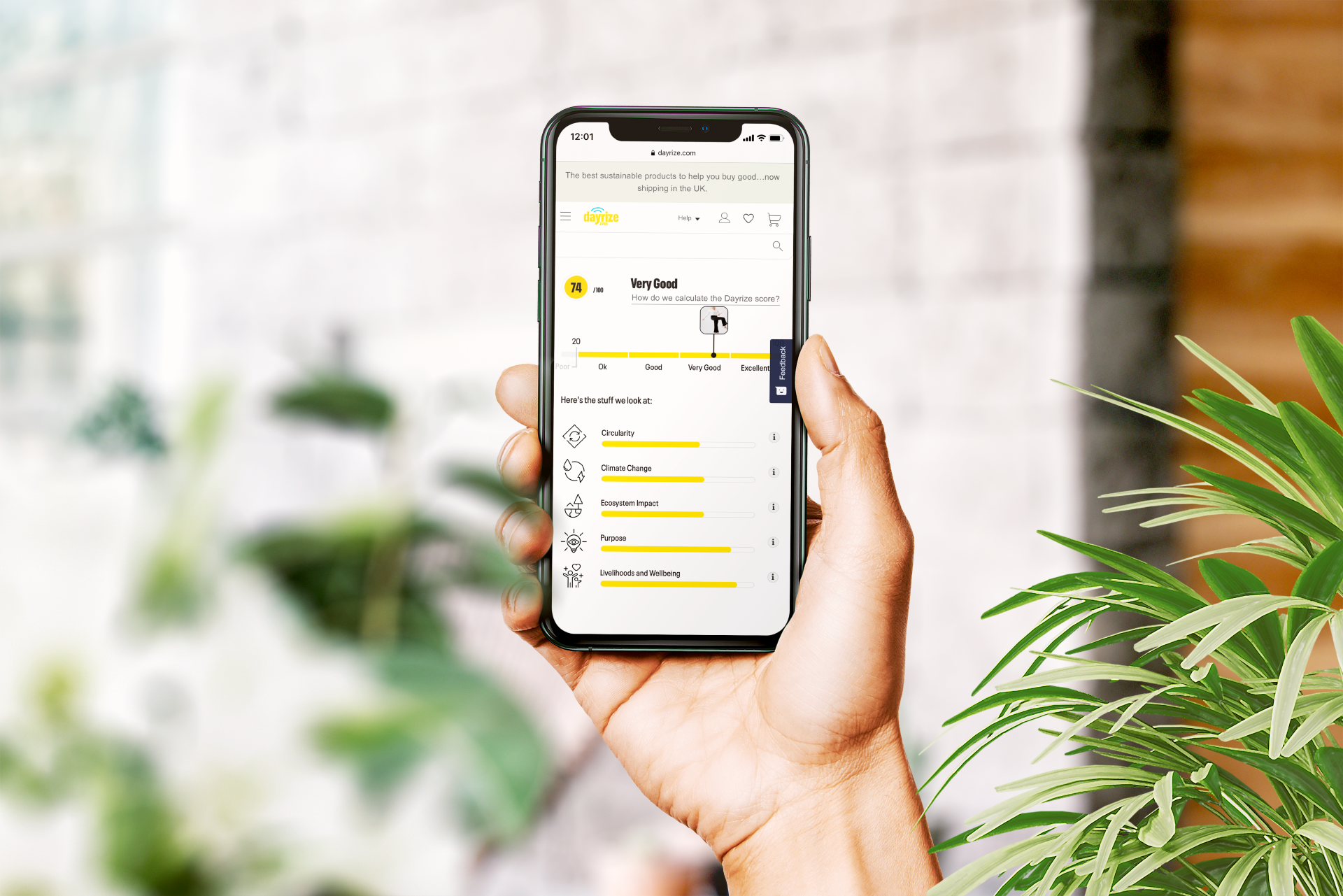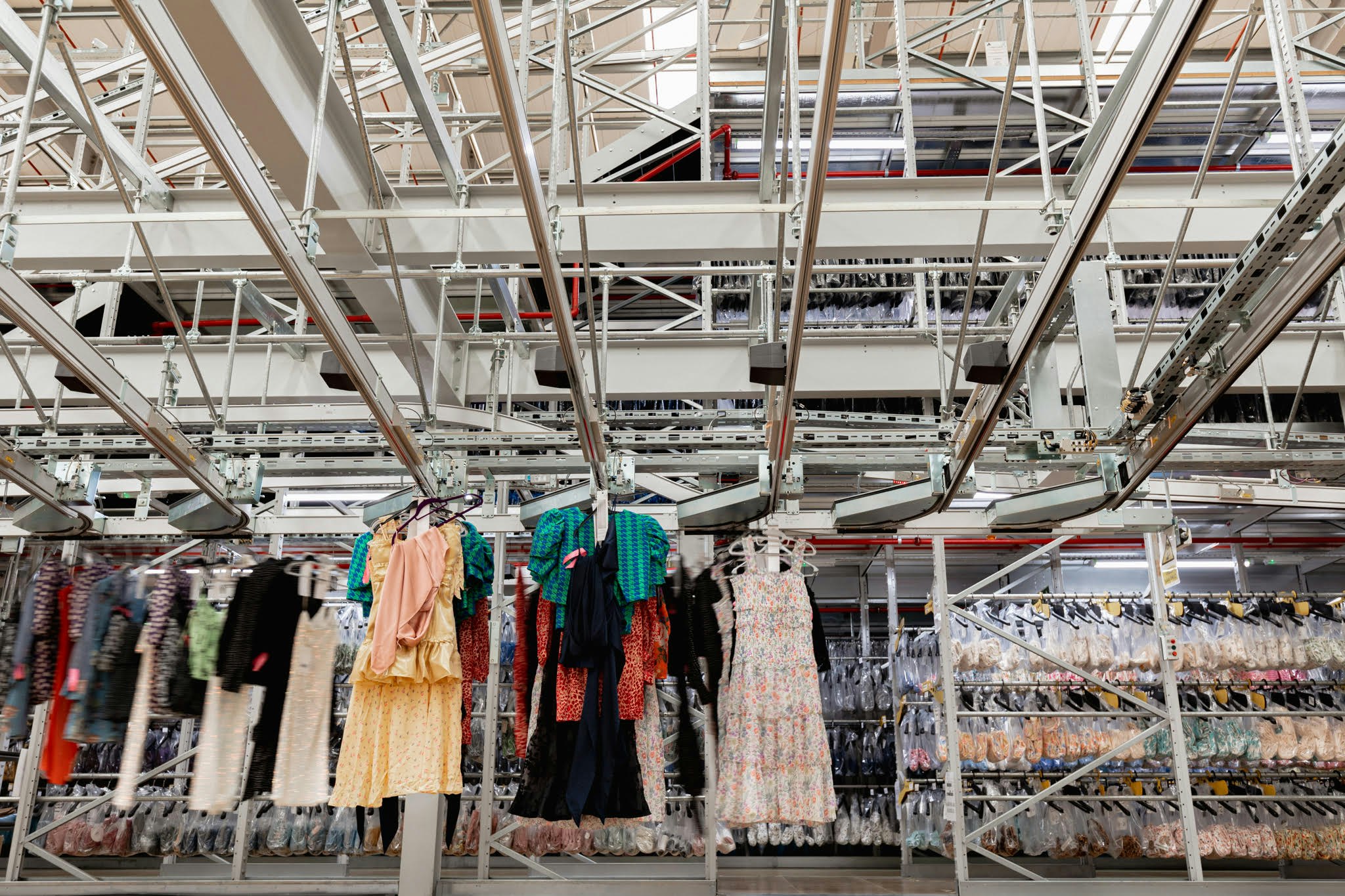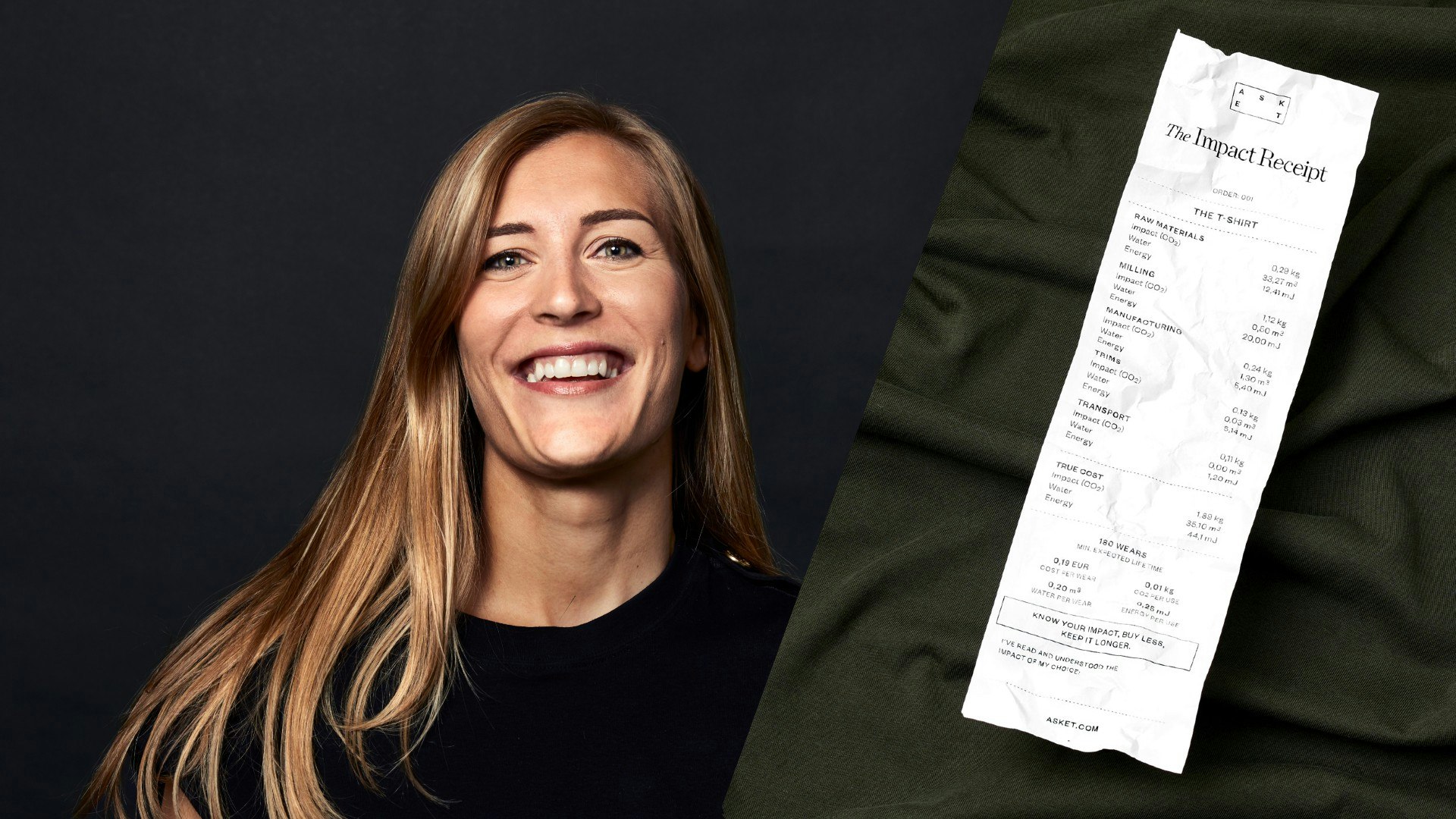Anna Yona’s children ran around barefoot in rural Israel for the first years of their lives. When they moved to Germany's cooler climate, they found wearing shoes painful and restrictive.
After researching the problem with her husband, a sports therapist, Yona discovered that most shoes are bad for your feet; they angle our boxy toes into a fashionable shape and weaken the foot’s natural muscles with stiff materials.
According to Wildling, while 98% of children are born with healthy feet, after years of wearing shoes, only 20% of adults are able to maintain them in a healthy state. And poor foot health is no joke — it can affect posture and cause backache, neck ache and bad knees.
Yona founded Wildling Shoes to make a shoe as similar to being barefoot as possible, modelling the prototypes on her oldest daughter’s healthy feet. We spoke to Yona about why she made the decision to bootstrap Wildling, and how it allowed her to focus on the environmental and social impact of her business.

Bootstrapping
Pre-Wildling, Yona had a strong unique selling proposition — but no experience in making shoes or running a business. She invested all her family’s money into product development before getting a €150k state-supported grant, which was poured into producing the first 1000 pairs of shoes for Wildling’s 2015 crowdfunding campaign.
After raising €75k through crowdfunding, Wildling was able to set up its online shop in early 2016. “From then on, we had more demand than we could actually deliver,” Yona says.
An investor asked what my vision for the company was, and I said we want to make really great shoes and help people get to better health. But what they wanted to hear was what kind of turnover we were expecting in five years.
Although she wasn’t initially opposed to using investors, Yona quickly found that bringing in outside help would risk sacrificing her ideals. “An investor asked what my vision for the company was, and I said we want to make really great shoes and help people get to better health,” Yona says. “But what they wanted to hear was what kind of turnover we were expecting in five years.”
Yona reinvests all of Wildling’s profits into fair salaries, sustainable agricultural techniques and renewable raw materials. This strategy won the company the 2021 German Founders Award for extraordinary growth guided by ecological and social commitment.
Designing with natural materials
Inspired by sturdy old fashioned German workers’ uniforms made out of cotton and hemp, Yona wanted to make her shoes out of natural materials where possible — even though they have a higher price tag. “By having a direct-to-consumer (D2C) business, we can invest more in the product,” Yona tells Sifted. “If we went through retail, we would have to calculate prices much more carefully.”
By having a direct-to-consumer (D2C) business, we can invest more in the product.
Wildling shoes are made out of paper, hemp, cotton and coarse wool that would otherwise be thrown away. The sole is made out of thin rubber, and a cut-out at the ball of the foot makes the shoe entirely flexible — Yona says you can scrunch it up with one hand. “People's feet change while wearing these shoes,” she says. “If you train a muscle, it gets bigger, so people tend to go up one size after a year.”
But unfortunately, natural materials are less long-lasting. “It would be so easy to make a light shoe out of artificial materials that would probably last longer than our shoes,” Yona says. “But it feels bad to have plastic wrapped around your foot.”
Wildling shoes have a two-year warranty, and Yona is planning to roll out shoe repairs next year. Their longevity also depends on how much they’re used — some customers still have pairs from Yona’s 2015 crowdfunding campaign.

Sustainability
Although working towards a sustainable supply chain is expensive, Yona believes it’s easier without outside investment.
“A lot of our decisions would be very difficult to make if we had someone just looking at the bottom line and taking out money that we want to reinvest in the company,” she says.
Beyond reducing chemical and water use and transitioning to renewable energy where possible, Yona wants to ensure Wildling has a positive impact on the environment too. “We have the biggest positive ecological impact in cultivation,” she says. “We meet the farmers and we help them transition to regenerative agriculture by buying machines or funding trees they can plant on their fields.”
Moving farmers towards agroforestry — or planting trees on the same piece of land as crops — rather than cultivating a single crop (or monoculture) not only promotes biodiversity but also provides them with more diversified income streams.
“When it comes to sustainability, I think we need to embrace complexity,” Yona says. “If, say, you plant trees to offset emissions, that’s very easy for people to understand, but you will find much more meaningful answers if you look at it as a complex problem.”
If, say, you plant trees to offset emissions, that’s very easy for people to understand, but you will find much more meaningful answers if you look at it as a complex problem.
Paying fairly — all the way down the supply chain
Most of Yona’s suppliers work exclusively with Wildling. Normally, a brand only pays its suppliers back for production and material costs after it’s been able to sell most of its stock, but Yona pays her suppliers monthly and enters into long-term partnerships with them — advocating for better pay for all workers in her supply chain.
“The money has to be redistributed differently, because all the factory owners drive huge cars and are rich, and their workers are not,” Yona says. "You need a personal connection in order to convince them to pay better, and you also need to lead by example — all our salaries are set in relation to the lowest salary in our team.”
But Yona knows that improving the environmental and social impact of a business isn’t easy. “It can be overwhelming, but it’s fine to start with an imperfect solution and keep an eye on what needs to be improved,” she says. “You need to start in order to have more opportunities, more money to invest and more people to help you.”




